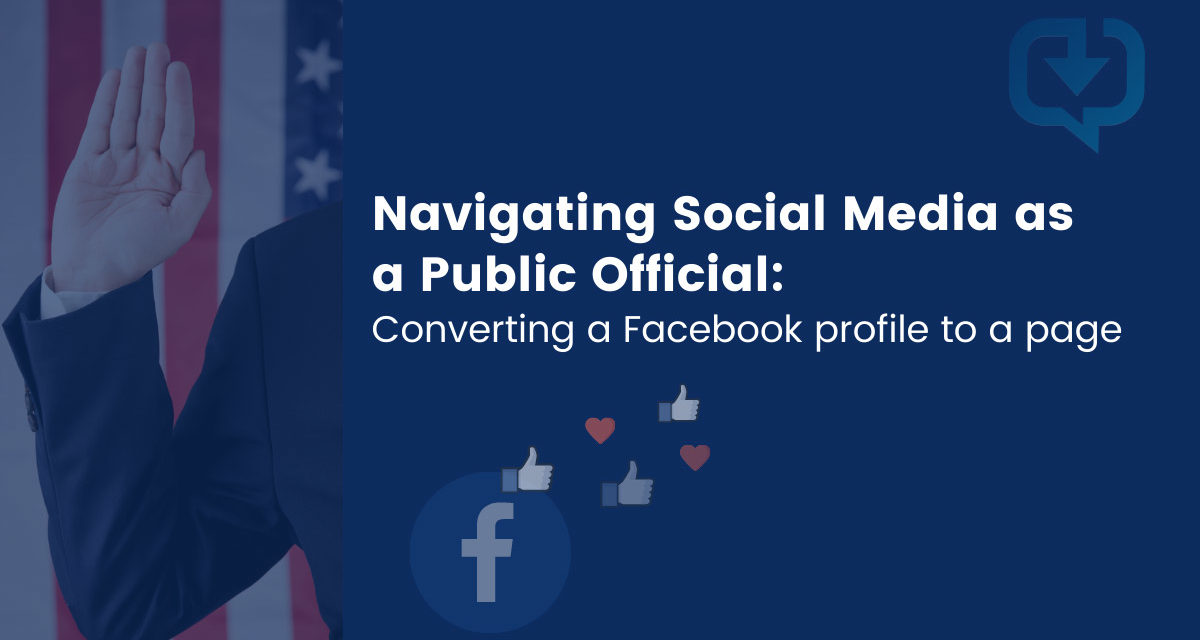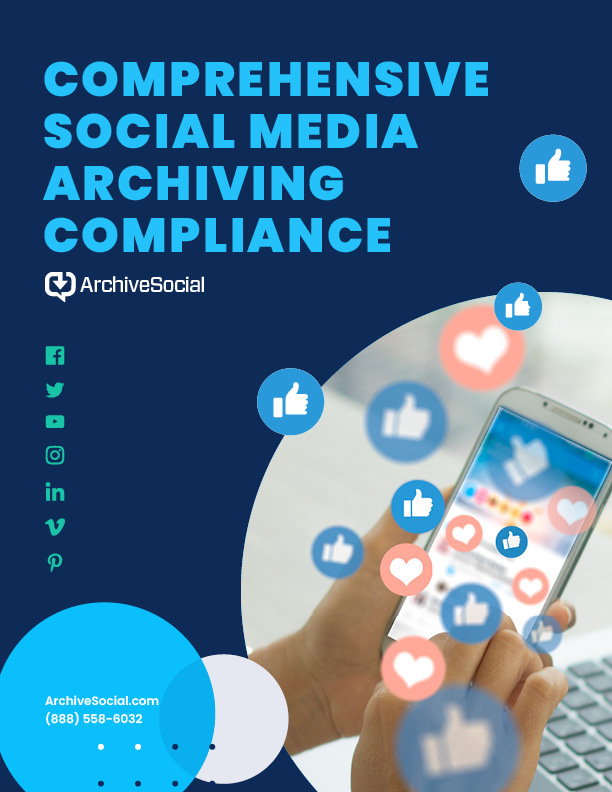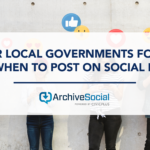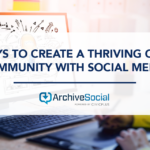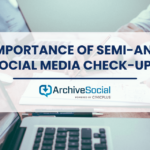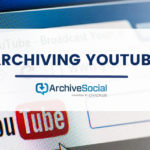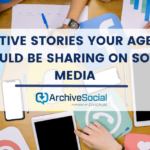Social media is a great way for public officials and government agencies to communicate with the public. As you may already know, these communications are considered part of the public record. But did you know that using a Facebook Profile to share information can unlawfully limit the accessibility of those communications and restrict your ability to comply with public records requirements? If you’re doing official business, you need to conduct it on an official Page. Confused? You aren’t alone. Read on to understand the difference and how to use Facebook effectively and in compliance.
Profiles and Pages are not the same thing
First you need to understand the differences between a Facebook Profile and a Facebook Page. People often use these terms interchangeably, but they are actually very different in how they are accessed and used. A Profile represents an individual person, has friends, and has the ability to show content to some people while hiding it from others. A Page represents an entity such as a business, a government, or a public office. Pages are public by design, and the content on pages can be viewed by anyone, even those without Facebook accounts of their own.
The key difference here is who can view and access the content. The visibility of Profile posts is often limited to the Friends of that Profile, and can be further restricted to only specific Friends. Posts on Pages can be viewed by anyone. The only way to make a Page private is to unpublish it completely. Facebook also restricts the types of content that can be captured and archived on a Profile, which can make it next to impossible to comply with public records requests related to comments or direct messages, both of which are considered public record in most states.
On the other hand, Pages allow for public access to and archiving of posts, comments, comment replies, photos, videos, live videos, direct messages, and more. Anyone can view page posts, even those without a Facebook account, and there is no limit to the number of people who can follow a page.
Transitioning your Profile to a Page has additional benefits beyond compliance:
The benefits of using a Page for official communications go beyond public access and accountability. Page management is also easier for your and your organization:
- You can assign appropriate Page Roles to other users in your organization to easily share the responsibility of Page maintenance. A profile represents a person and can’t be managed by others without risky shared logins.
- You can smoothly transfer management of your Page when there is employee or office turnover.
- You can set up autoresponses for frequently asked questions received through Facebook Messages.
- You can see which posts are generating the most engagement and the demographic information of your visitors using the Page management and reporting capabilities.
- You can pin posts to the top of your timeline to make sure they stay top of mind for your followers (you can’t do this on a Profile).
- You still get to keep your Profile! Just commit to using it for your personal life and not your official business.
You can create a Page in minutes
So what do you do if you already have a following on your Profile, but now recognize the need to bring your communications practices into compliance and take advantage of the additional benefits of using a Page? Facebook no longer offers a one-click solution to convert a Profile to a Page, but you can follow these four simple steps to create a Page and invite your friends to follow it.
How to create a Page:
- Log into the Facebook Profile you want to convert and click create a Page.
- Enter some basic information about your Page: name, category, and optional description.
- Review your selections and click Create Page.
- Invite your friends to like or follow your new Page.
What happens next?
- When you click Create Page, your profile stays intact, but you will now have a Page as well.
- The friends you invited will be notified of the new Page.
Training users to interact with your Page instead of your Profile
Now that you’ve completed the mechanical steps, you’ll need to go a little further to ensure that your Page is adopted by your constituents. Your friends and followers were automatically notified during the conversion process so here are a few additional tips to make a smooth transition from a personal Profile to an official Page:
- Create a post on your Profile announcing the change and directing followers to engage with the new Page going forward. Be sure to include a link to the new Page.
- Create a canned response that you can use to respond to official messages sent to your profile, directing the messenger to your page. While you can’t set up auto-responders on a Profile, you can save this in any text app for easy access. Here’s an example:
- “Hi! To promote transparency and comply with [your state] public record law, I will only be responding to messages regarding public business through my official Page. Please contact me here: [Facebook Page url]
- Create a pinned post on your Page explaining the switch (take credit for your transparency!)
- Update the name, profile photo, and details for your new Page. These are copied from the Profile and may need to be updated for your Profile.
- If the Profile you just converted was a dummy account, be sure to add your real profile as an admin on the new Page to avoid losing access (see Facebook advisory: Dummy accounts for details).
- If you need assistance along the way, Facebook for Government, Politics & Advocacy in North America can help!
It’s worth your time, and it’s the law!
As a public official, responding to constituents is a critical part of your job. Doing so in a transparent, on-the-record manner is your responsibility. Using Facebook correctly will protect you from legal risk and will help you reach the people you serve. If you need help, check out the additional resources below or reach out to us.
Interested in additional resources for public officials on social media? Check out our webinar replay, ‘Social Media for Elected Officials: What’s personal & what’s public’ and learn more about our Facebook archiving software.
What is ArchiveSocial?
ArchiveSocial is the world’s leading social media archiving software. It helps organizations maintain compliance with public records laws and other regulations by automating social media record retention and actively managing risk online.
Sources:

